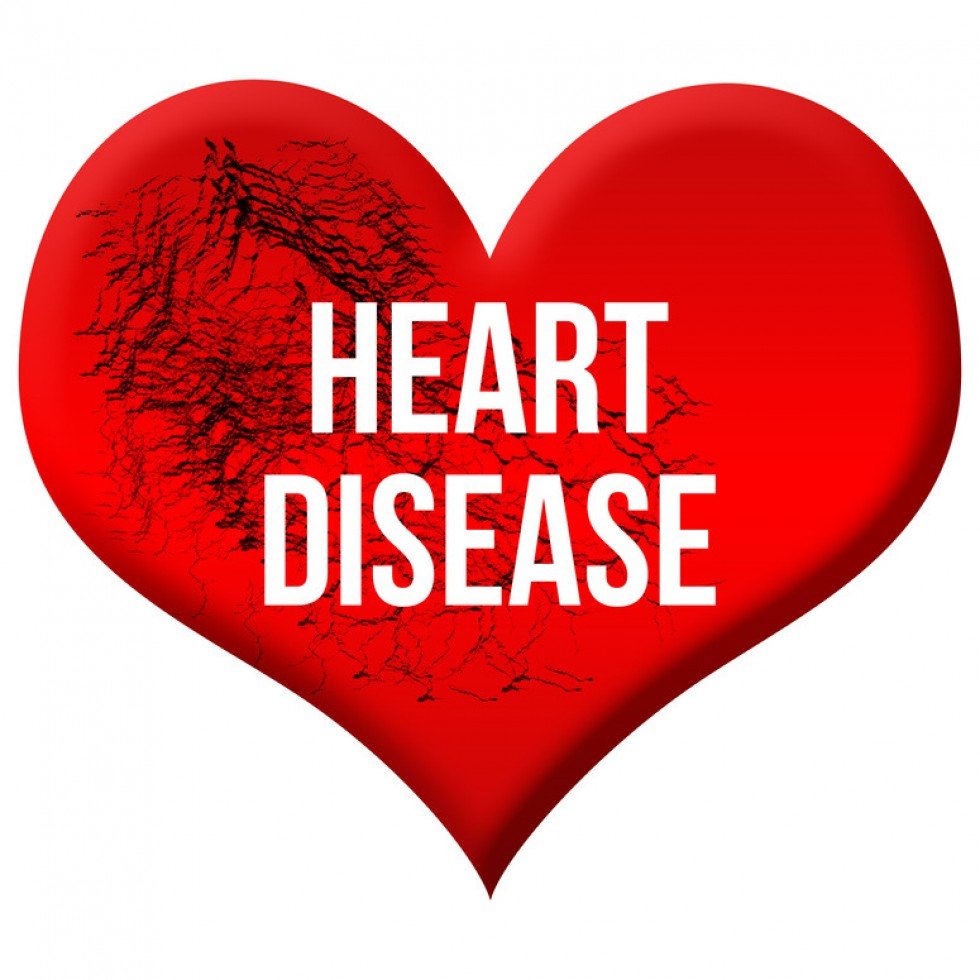What form of individual do you believe having a heart assault? Is it a middle-elderly white businessman clutching his chest? Someone like the Roger Sterling man or woman from the famous tv collection Mad Men, who had heart assaults in season 1? While Mad Men changed into set inside the 1960s, famous culture maintains to repeat this stereotype. Can you suspect any girls in information reviews, magazines, literary fiction, television drama, or movie who have been depicted having a heart attack or some other coronary heart disorder symptoms?
If no longer, that is rarely unexpected. During the last many years, several research has shown the famous media tend to pay little interest in women’s studies of heart sickness compared with guys. That will have serious outcomes. Women can also fail to comprehend they’re liable to heart sickness or don’t realize they have a coronary heart attack because their studies don’t make healthy what’s maximum typically portrayed.

An overview of studies analyzed how coronary heart disorder became portrayed in North American popular media and public health campaigns. It located a white guy in a well-paid professional activity (the Roger Sterling type), representing the typical person at threat from or already coping with coronary heart sickness.
Even when the media blanketed ladies’ reports of heart ailment, the observe showed there has been a one-of-a-kind approach. North American popular media often portrayed ladies at risk of white, middle-aged, and high socioeconomic fame. That’s regardless of clinical research displaying non-white and much less advantaged women within the USA experience better ranges of heart disease. Women tended to be shown juggling intensive caring roles for his or her circle of relatives with worrying employment, putting them liable to a heart ailment. Women not in heterosexual relationships have hardly ever been recounted.
Why does it be counted?
The gendered nature of media portrayal of coronary heart sickness can have extreme fitness outcomes. Epidemiological studies show cardiovascular sickness is a leading reason for demise for women in rich nations, including the united states, where it’s far primary for ladies, and Australia, where it’s the far quantity for women. Media coverage regularly fails to acknowledge these records. As a result, women and healthcare vendors can neglect the warning signs of heart disorder. This can lead to lower high-quality care, poorer health outcomes, and better charges of potentially avoidable deaths.
A current Australian observe confirmed ladies and those aged beneath forty-five years have been much more likely to be beneath-handled for his or her heart disorder signs. Women were less possibly than men to be prescribed the recommended medications, have blood examined for lipids (fat), or have their frame mass or waist measured. A spokesperson for the Heart Foundation, which funded the have a look at, recommended one reason is these demographic corporations generally tend no longer to in shape the “coronary heart assault sufferer” stereotype, and media illustration of coronary heart assaults performed a position in reinforcing those stereotypes.
By evaluation, American studies located breast most cancers have received ways more media attention as a fitness risk to women than coronary heart disease, and ladies are therefore extra aware of breast most cancers dangers.
Facebook, digital media doing a better task The public generates hundreds of statistics about their reports of illness, sickness, and surgery on blogs and social media websites. But hardly any research has looked at what styles of records about heart disease are shared on these platforms. My research on Australian girls’ use of virtual fitness technology discovered ladies often use Facebook groups to find and percentage fitness and clinical facts. Many heart ailment or heart failure aid businesses perform on this platform, some of which have many members.
Facebook may be an important forum for attempts to challenge the male face of coronary heart disorder. The US-based Women’s Heart Alliance is established to fight for fairness in clinical remedies offered to women with coronary heart disorder. An analysis of its Facebook page discovered female contributors often complained medical experts had left out their coronary heart disorder symptoms when they sought help.
 Fit Netion My WordPress Blog
Fit Netion My WordPress Blog



